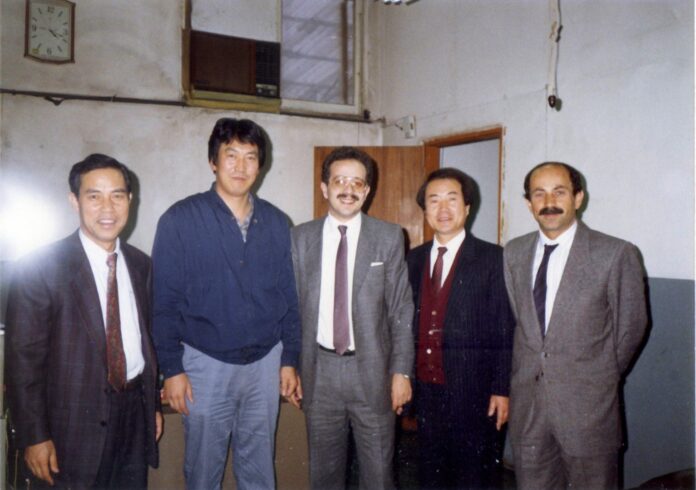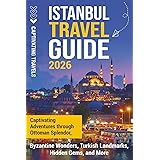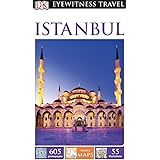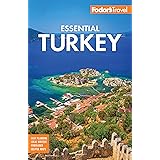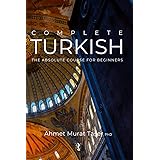- Afghanistan
- Albania
- Algeria
- Australia
- Austria
- Azerbaijan
- Bangladesh
- Belgium
- Bosnia
- Bulgaria
- Canada
- China
- Cyprus
- Denmark
- Egypt
- England
- Finland
- France
- Georgia
- Germany
- Greece
- Holland
- Hungary
- India
- Iran
- Iraq
- Israel
- Italy
- Kazakhstan
- Kosovo
- Kuwait
- Kyrgyzstan
- Lebanon
- Libya
- Liechtenstein
- Lithuania
- Macedonia
- Moldova
- Mongolia
- Montenegro
- Norway
- Pakistan
- Poland
- Romania
- Russia
- Saudi Arabia
- Serbia
- Sweden
- Switzerland
- Syria
- Tajikistan
- TRNC Cyprus
- Tunisia
- Turkey
- Turkmenistan
- Ukraine
- United States of America
- Uzbekistan
Note: There is a large Turkish population in northern African countries who do not speak Turkish but are known to be Turkish and define themselves as Turkish. They are among the elite of society
Hello dear friends, today is August 30, 2021. Happy Turkish day and victory holidays. We will have a very brief conversation on the identity of the Turk. The identity of the Turk is in his language, in Turkish. How well did you say it? Turkish.
This identity has expanded through language and will reach much wider dimensions. Our mission is to make the Turkish language, Turkish, an international language in the world. As long as we achieve this, Turkish identity will become widespread in the world.
What is at issue here is not an identity or kinship over blood, but an international identity that can reach much wider masses of people through language and make its voice heard on all continents through language.
Note: There is a large Turkish population in northern African countries who do not speak Turkish but are known to be Turkish and define themselves as Turkish. They are among the elite of society

